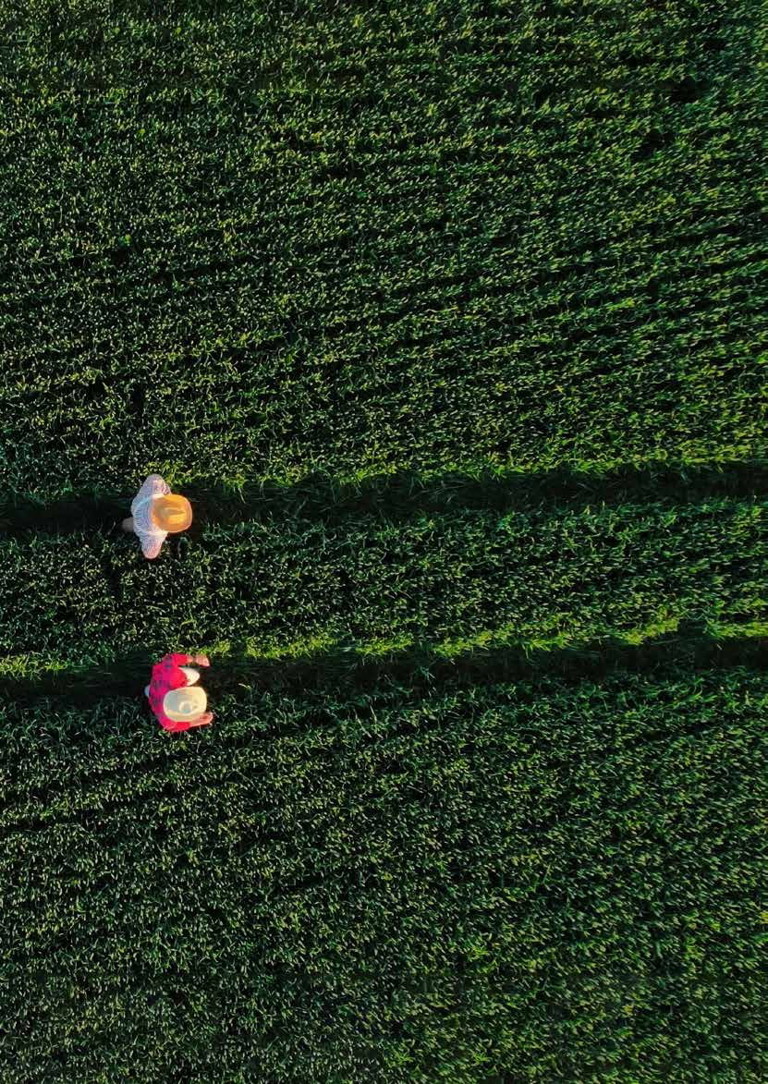compliance
Take FIVE
Fair Farms found five clear steps forward when it hosted its 2023 Fair and Ethical Sourcing Conference earlier this year.

THE Fair Farms 2023 Fair and Ethical Sourcing Conference, held in Melbourne earlier this year, brought together growers, panellists and industry representatives to discuss ethical and safe work practices in Australian horticulture. High-profile speakers across a broad range of disciplines provided valuable insights into various aspects of ethical standards for growers, workers and farms throughout Australia. Topics of discussion ranged from work health and safety, past and predicted social trends, employment procedures and labour hire licensing in horticulture.
The conference examined critical aspects of the Australian horticulture industry, covering responsible sourcing, fair work and WHS workplace obligations in supply chain management. Discussions on fair labour practices and modern slavery were also key points of focus. Panellists, including vegetablesWA’s Stephen Brown, provided valuable perspectives on their topic of discussion ‘Social Compliance through the lens of your Peak / Regional / Industry Body’, navigating what social compliance meant to them and their industry.
From these robust discussions, Fair Farms found five key areas in which to further develop for not only Australian horticulture, but also the wider agriculture industry. (See box out, opposite page.)
“ With its existing scalable framework and training program, Fair Farms must play an integral part in becoming the Ethical Sourcing Program for agriculture in Australia ”
Top 5 Steps for Ag
1 Social Compliance The evolving concept and terminology of ‘social compliance’ needs to be clearly outlined and communicated in the horticulture industry. Fair Farms will need to play an integral role in the conceptualisation and education about ‘Social Compliance’ in the context of Australian agriculture.
2 Anti-slavery The evolving anti-slavery framework will be an integral part of ethical sourcing and social compliance. Fair Farms standards need to keep up to date with ongoing changes in domestic and international anti-modern slavery developments in relation to local agriculture.
3 Work Heath & Safety WHS is an important pillar in ethical sourcing. The concept of WHS needs to encompass the mental health of farmers and workers. The Fair Farms program will focus on the mental health aspect as a part of its ongoing education.
4 Labour Hire This remains an ongoing concern in horticulture ethical sourcing. The Fair Farms program has proposed changes to offer LHP certification.
5 Ethical Sourcing This is not limited to the horticulture supply chain, but includes the broader agriculture supply chain. With its existing scalable framework and training program, Fair Farms must play an integral part in becoming the Ethical Sourcing Program for agriculture in Australia.
MORE INFORMATION
If you have any queries about any of the points above or want to find out more about Fair Farms and how it can impact your business, contact Katrina Hill at vegetablesWA on 0427 373 037 or email katrina.hill@vegetableswa.com.au.
Fair Farms Winners
Fair Farms presented three Fair Farms program growers at the conference gala dinner. The awards were for outstanding performances in their field – congratulations to: Fair Farmer of the Year – Velisha Farms; Auditor of the Year – Alice Freemantle; and Ambassador of the Year – Robyn Francis. [vWA note: next year we hope to see some WA names in the award-winners!]